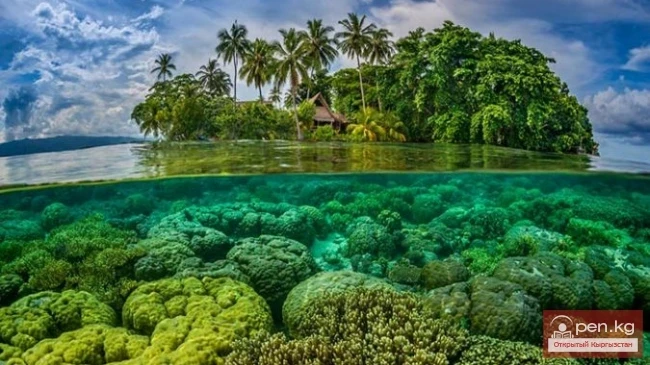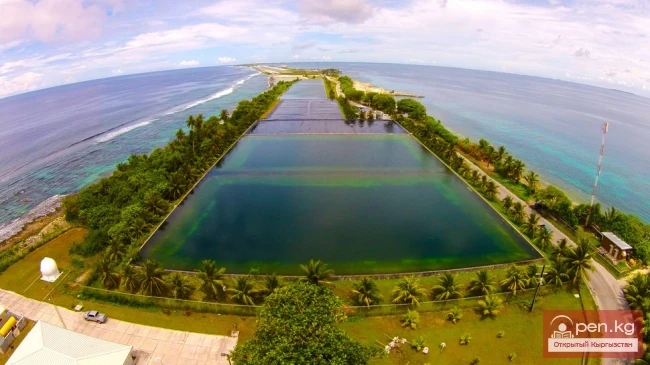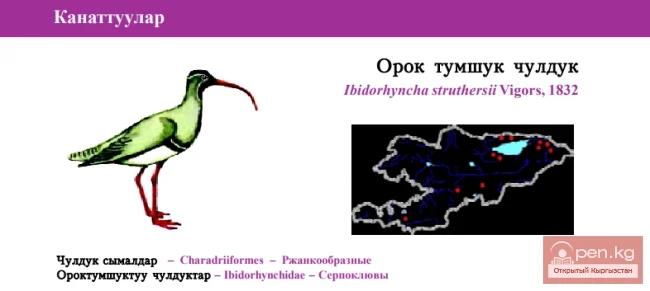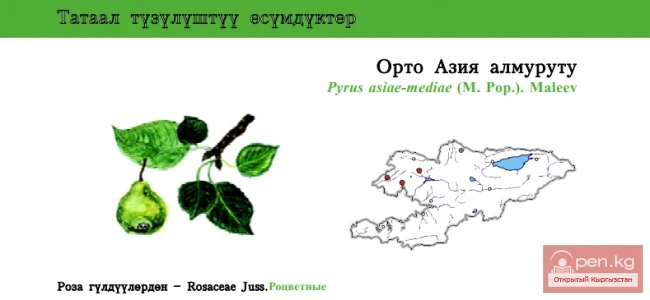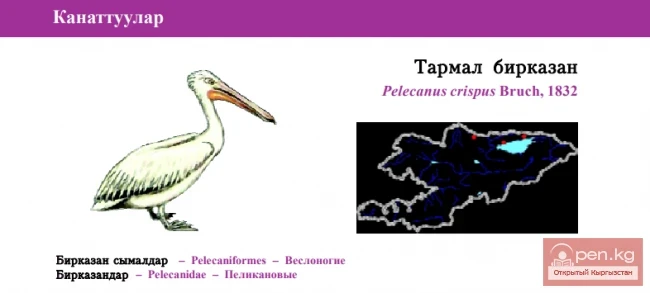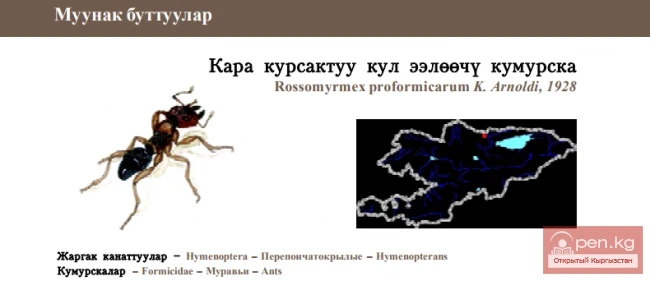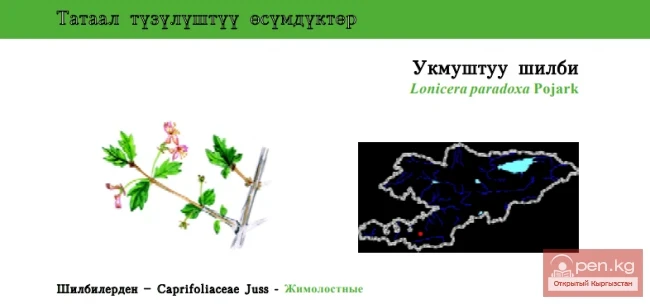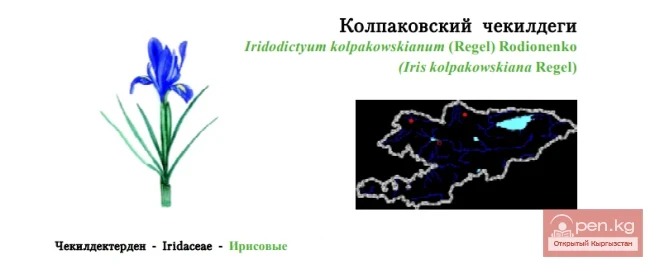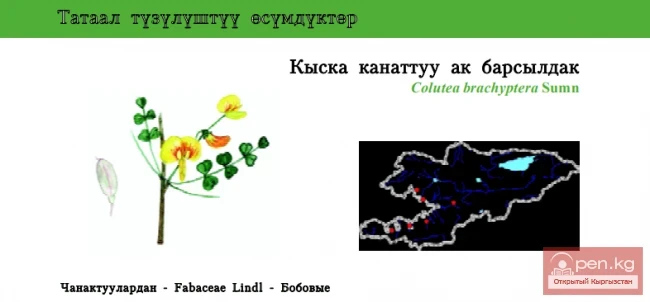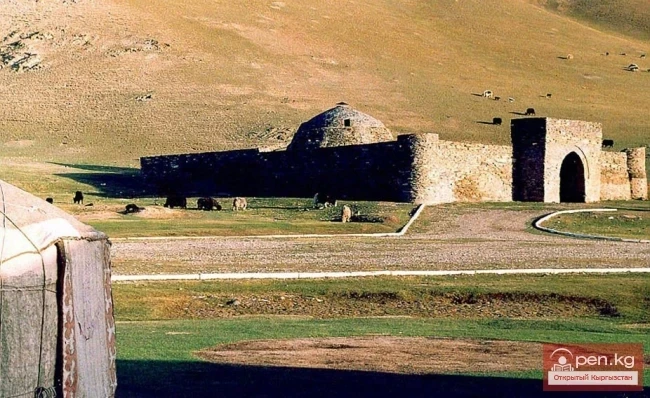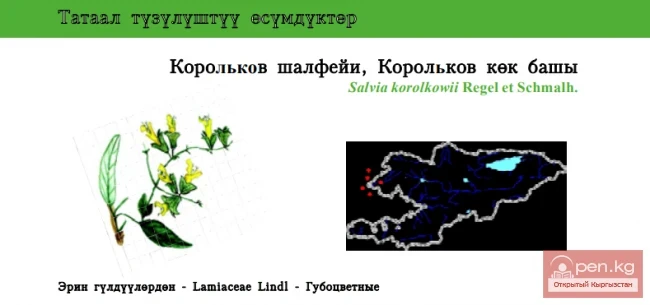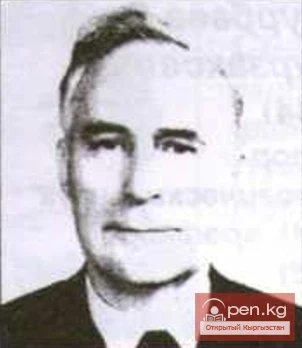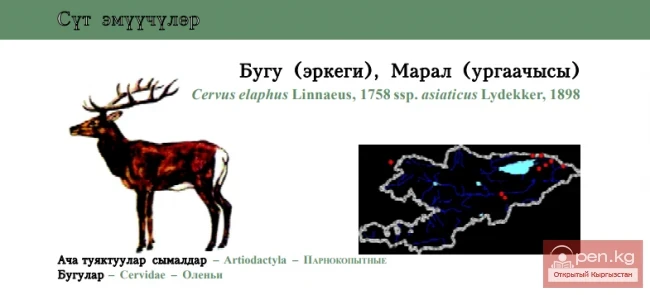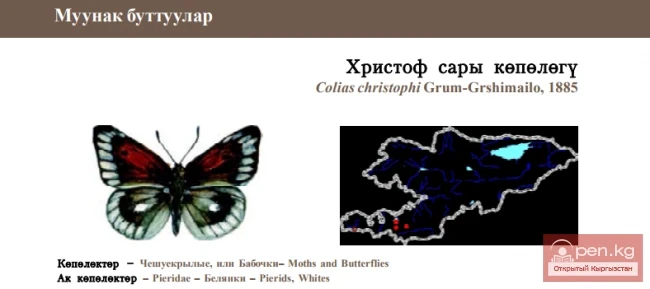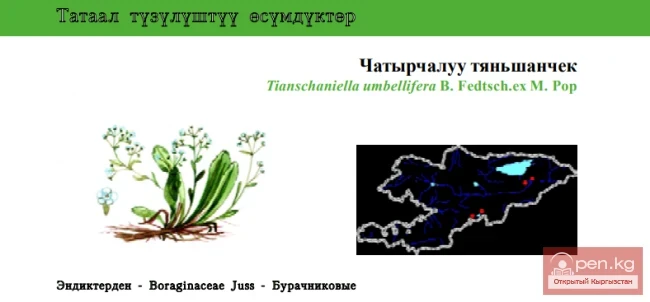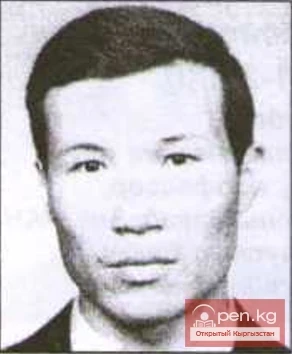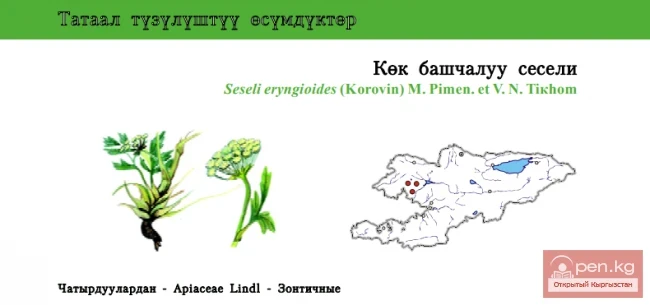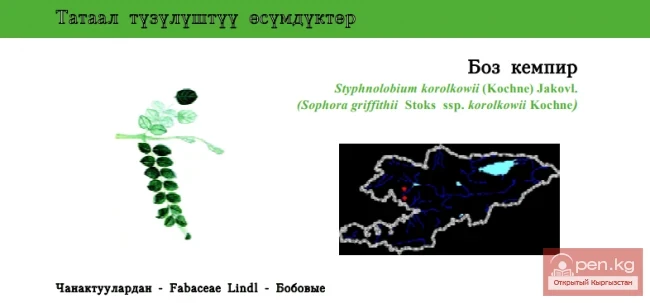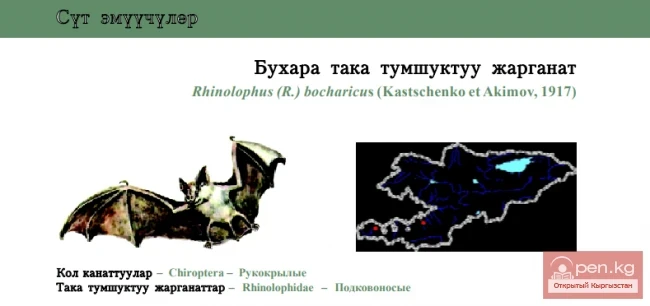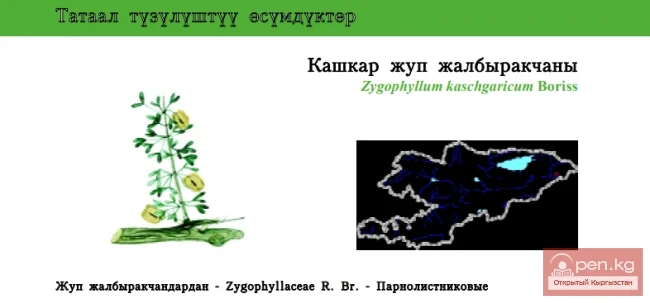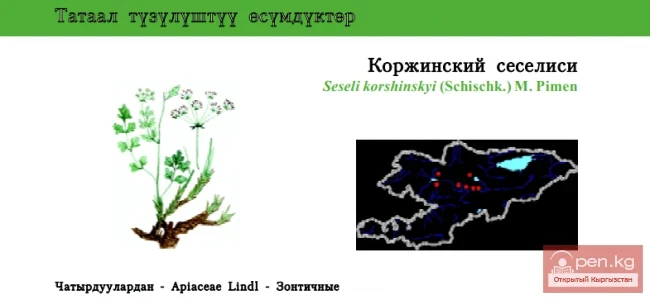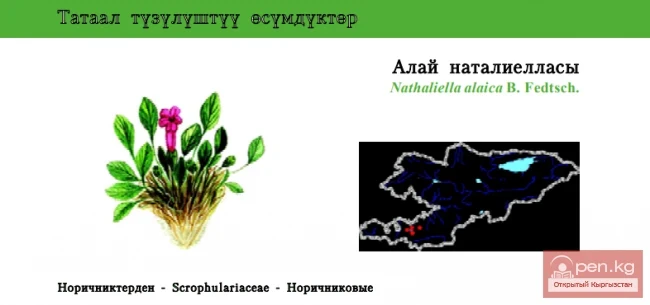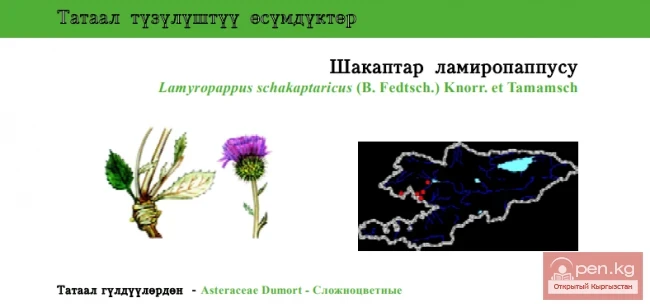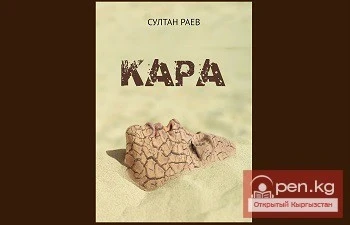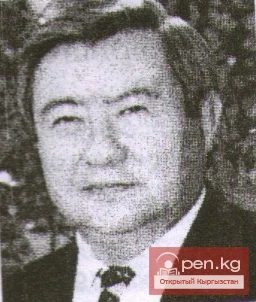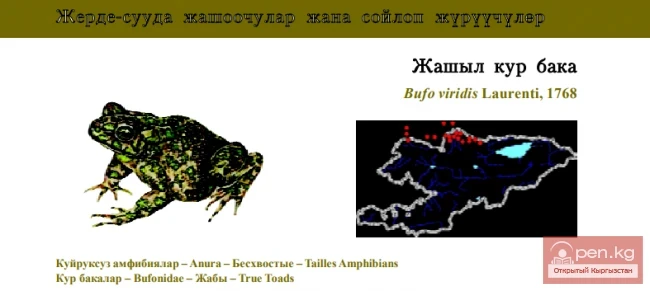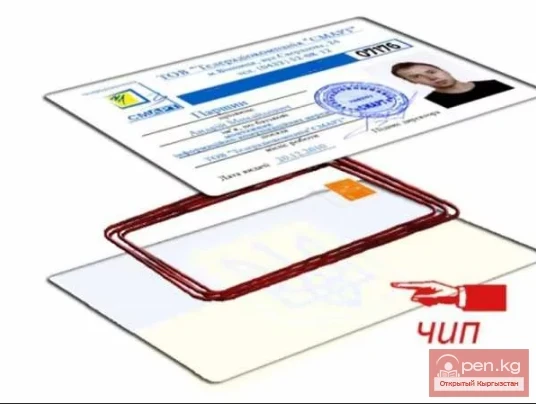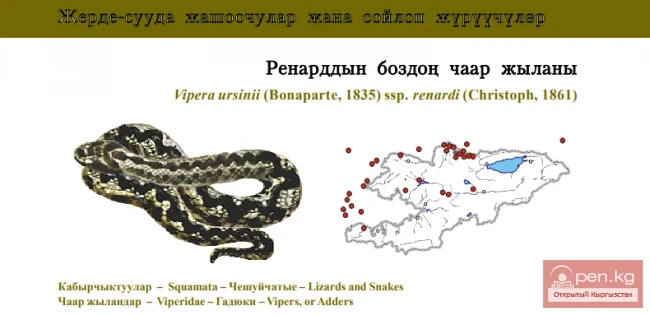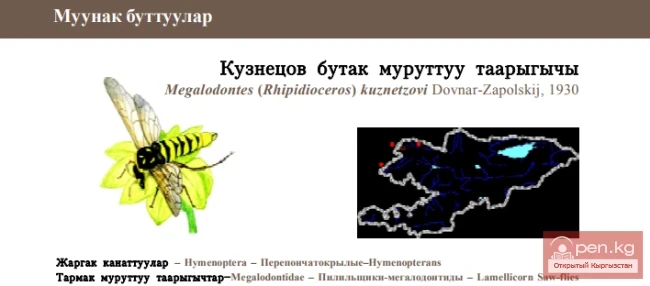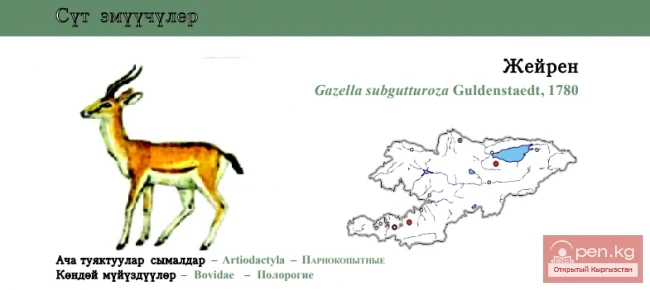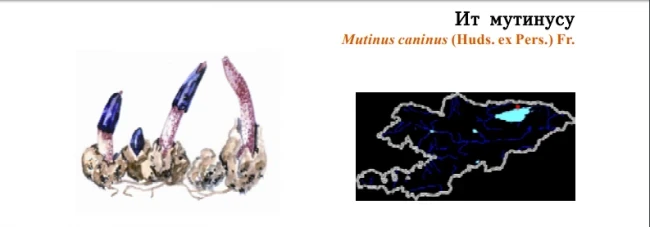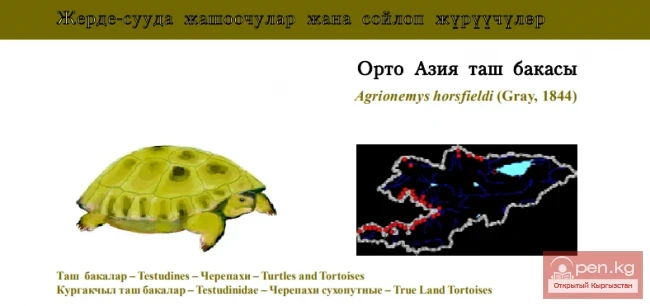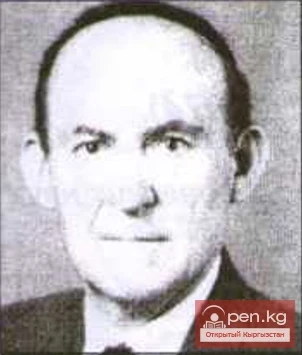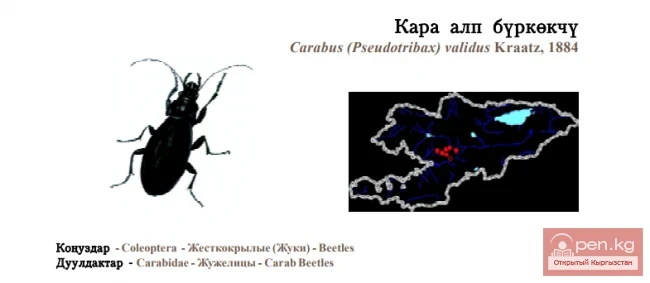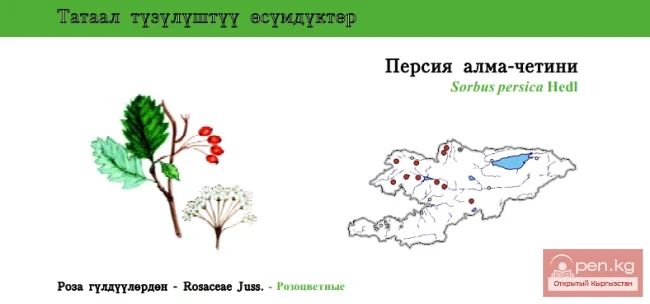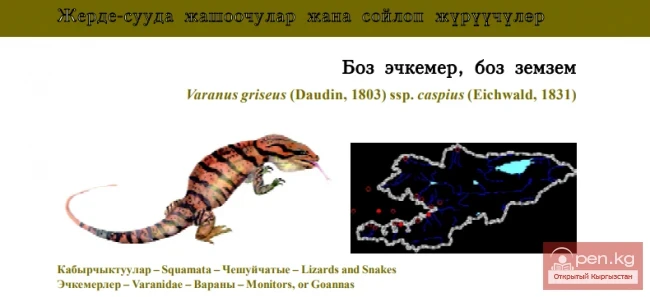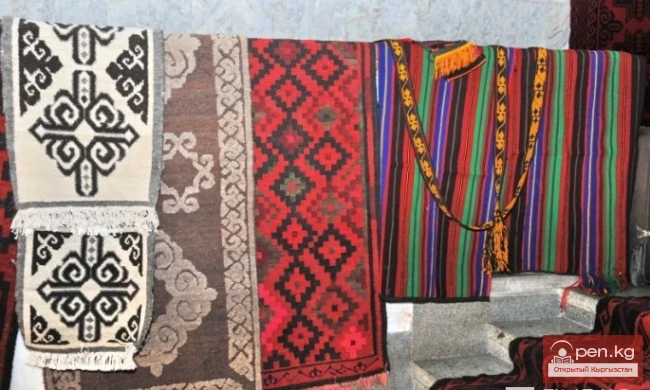SOLMON ISLANDS. Solomon Islands
An island nation in Oceania, located in the southwestern part of the Pacific Ocean, east of Papua New Guinea, occupies the southeastern part of the Solomon Islands and nearby islands (the six largest are San Cristobal, Guadalcanal, Malaita, Santa Isabel, New Georgia, Choiseul, and many smaller islands). Total area - 29,785 km²; adjacent water area - about 600,000 km². The capital is Honiara (on Guadalcanal Island, over 45,000). Administrative division - 4 districts. Population - about 500,000 (2004), 94% of which belong to the Melanesian ethnic group. The official language is English, and the population also speaks Pidgin. Religion: 95% of the population are Christians (about 30% of them are followers of the Anglican Church, 19% Roman Catholic, 17% Evangelical Church of the South Seas, 11% United Church, 10% Seventh-day Adventists, etc.). The currency is the Solomon Islands dollar.
There are no diplomatic relations with the Russian Federation.
National holiday - July 1 - Independence Day (1978).
The name "Solomon Islands" was given to the archipelago in the 16th century by the Spaniards, who believed that these islands belonged to the legendary biblical King Solomon.
The Solomon Islands is a state within the Commonwealth, headed by the United Kingdom, and is a constitutional monarchy of the Westminster parliamentary type. The constitution of 1978 is in effect. The head of state is the Queen of the United Kingdom, represented by a Governor-General (N. Waena), who is appointed on the recommendation of the unicameral National Parliament for a term of 5 years. The Parliament is the highest legislative authority, consisting of 50 members elected for a term of 4 years by popular vote. The government of the country (National Cabinet) consists of 15 ministers headed by the Prime Minister (A. Kemakeza), who determines its composition.
The first Europeans on the islands were the Spaniards led by A. Medaña de Neira. From 1893 to 1900, Great Britain established its protectorate over the islands. After World War II, the movement for national liberation intensified among the indigenous population. In 1971, the Committee for Constitutional Development of the Territory was established, and in 1974, a ministerial system of governance was introduced. Until August 1974, they were governed by the British High Commissioner in the western part of the Pacific Ocean. In January 1976, the islands were granted internal self-government. On July 7, 1978, the independence of the Solomon Islands was proclaimed.
The internal political situation is characterized by periodic interethnic tensions. Australia plays an important role in maintaining internal security in the Solomon Islands.
The country's economy is agrarian and underdeveloped. A significant part of the population leads a traditional lifestyle in villages (simple reproduction). There is little arable land. Natural resources include coconut palms, tropical hardwoods, fish, and some minerals (bauxite, phosphates, and suspected gold reserves). Exports include copra, palm oil, fish, and timber. Rice and cocoa are grown; there is dairy cattle (cows).
Canned fish, furniture, clothing, souvenirs, etc. are produced.
GDP - 257 million USD. Per capita income - 530 USD. Foreign aid plays an important role in the development of the economy. The main donor countries are Australia, Japan, New Zealand, as well as the Asian Development Bank, the European Development Fund, the UN, and its agencies.
The Solomon Islands has been a member of the UN since 1978.
Weekly publications include "Solomon Voice," "Solomon News," "Solomon Star," "Solomon Toktok," and a monthly magazine "Agrikalsa News." In 1976, a government broadcasting service was established, and in 1996, television broadcasts began.
